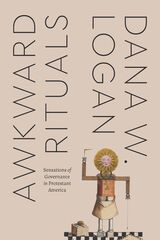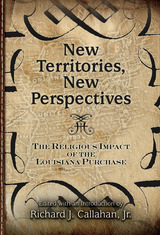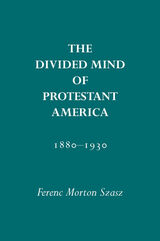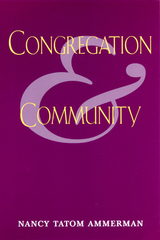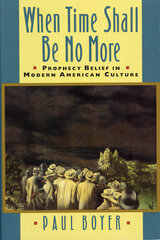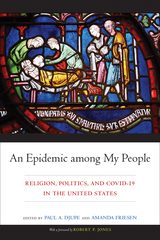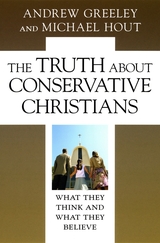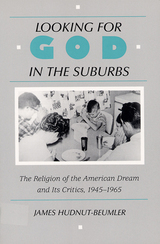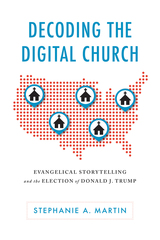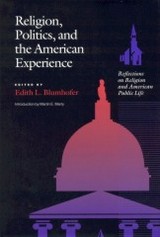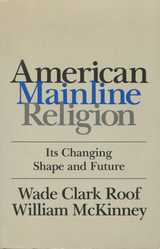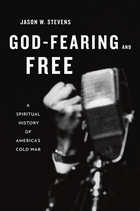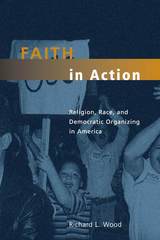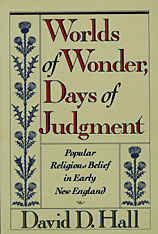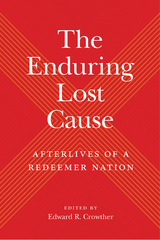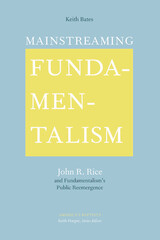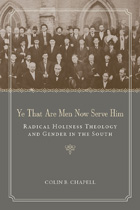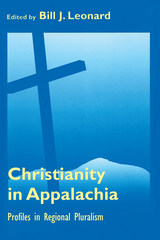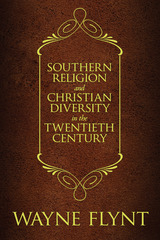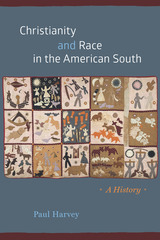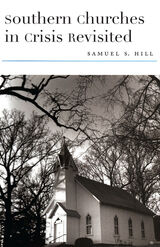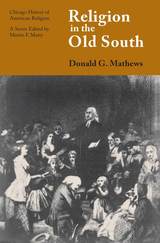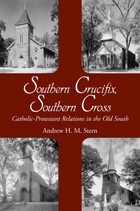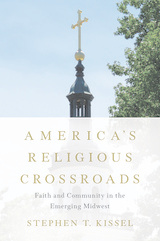The Saving Remnant: RELIGION AND THE SETTLING OF NEW ENGLAND
University of Illinois Press, 1995
Cloth: 978-0-252-02138-1 | Paper: 978-0-252-06440-1
Library of Congress Classification BR530.C68 1995
Dewey Decimal Classification 277.406
Cloth: 978-0-252-02138-1 | Paper: 978-0-252-06440-1
Library of Congress Classification BR530.C68 1995
Dewey Decimal Classification 277.406
ABOUT THIS BOOK
ABOUT THIS BOOK
The great flight that brought colonists in the 1600s to what would become New England was a resettlement that had not only a geographical and spiritual impact, but an important historical impact as well. The influences of the settlers' English origins, and the fact that various religious groups inhabited specific areas of New England, strongly shaped American history through the 1800s and beyond.
Cedric Cowing demonstrates that there were two Englands, one evangelistic and one rationalistic. In the northwest of the British Isles was a society that was pastoral, westering, otherworldly, and revivalist--in the southeast was another, more established and mercantile. These two strains set the stage and powered the action for the biggest religious event of the eighteenth century--the Great Awakening.
The leaders of the New Light in the Great Awakening were the Saving Remnant, mostly ministers with liberal education who retained their evangelical and seeker religiosity. The clearly identifiable regional religious parallels between old England and New are still discernable today and give a new slant to heretofore unresolved historiographical issues. Cowing shows how regionalism influenced the nature of New England Puritanism and how the presence of a strong and persistent link between regional origins and religious behavior led to the inevitability of the Salem witch trials.
Cedric Cowing demonstrates that there were two Englands, one evangelistic and one rationalistic. In the northwest of the British Isles was a society that was pastoral, westering, otherworldly, and revivalist--in the southeast was another, more established and mercantile. These two strains set the stage and powered the action for the biggest religious event of the eighteenth century--the Great Awakening.
The leaders of the New Light in the Great Awakening were the Saving Remnant, mostly ministers with liberal education who retained their evangelical and seeker religiosity. The clearly identifiable regional religious parallels between old England and New are still discernable today and give a new slant to heretofore unresolved historiographical issues. Cowing shows how regionalism influenced the nature of New England Puritanism and how the presence of a strong and persistent link between regional origins and religious behavior led to the inevitability of the Salem witch trials.
See other books on: 17th century | 18th century | Church history | England | New England
See other titles from University of Illinois Press

